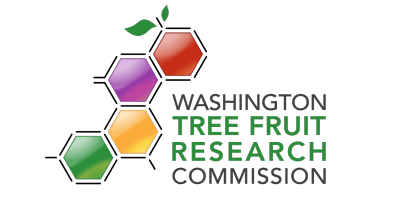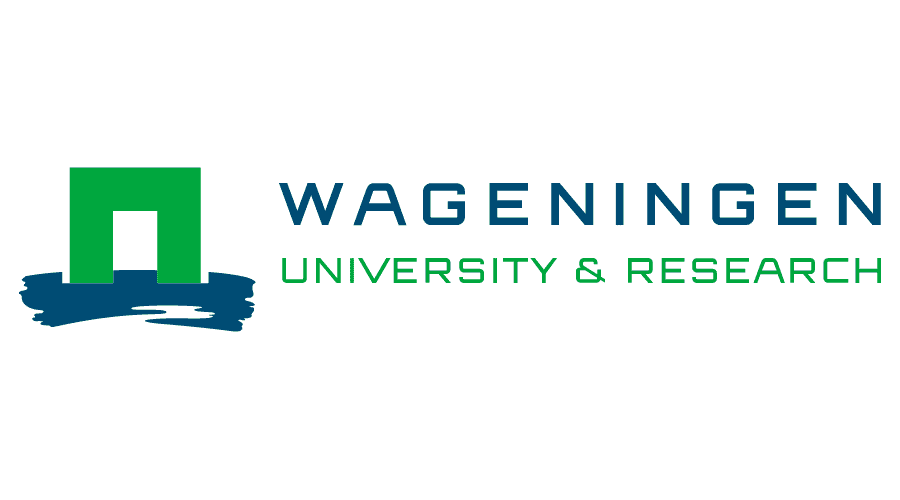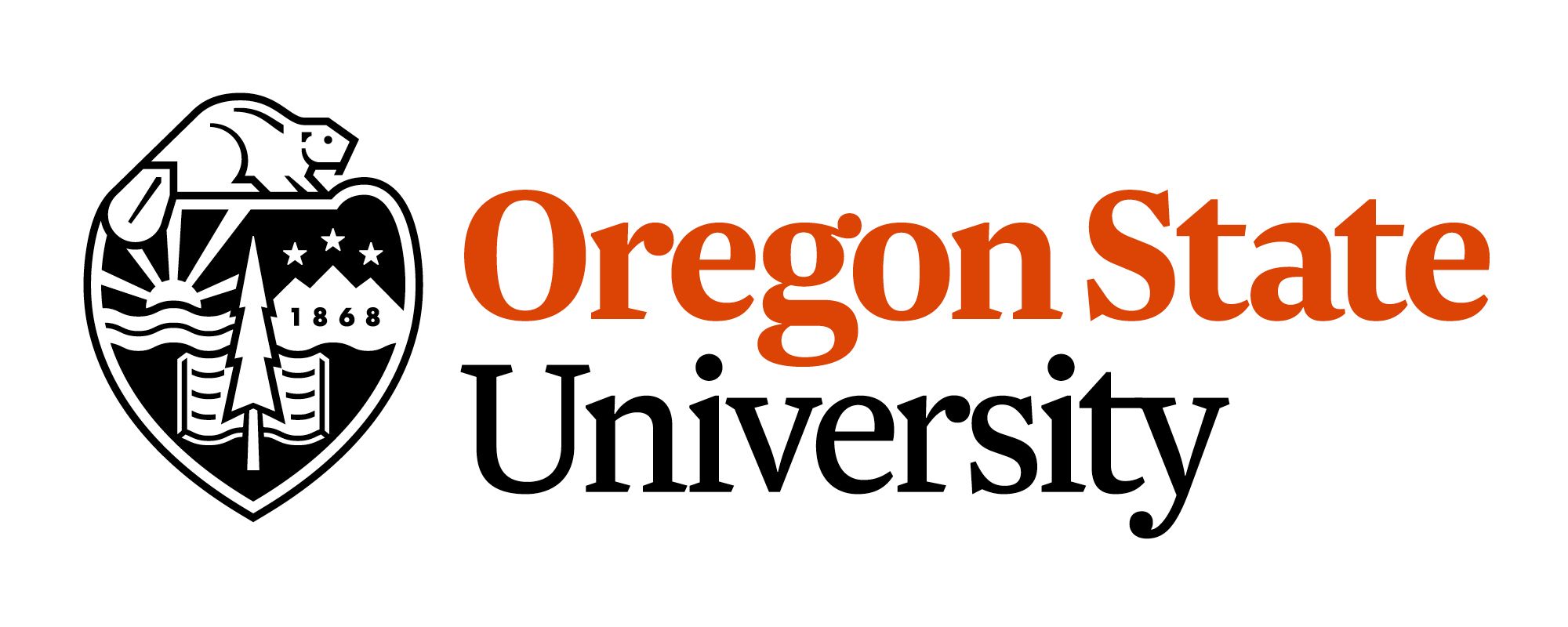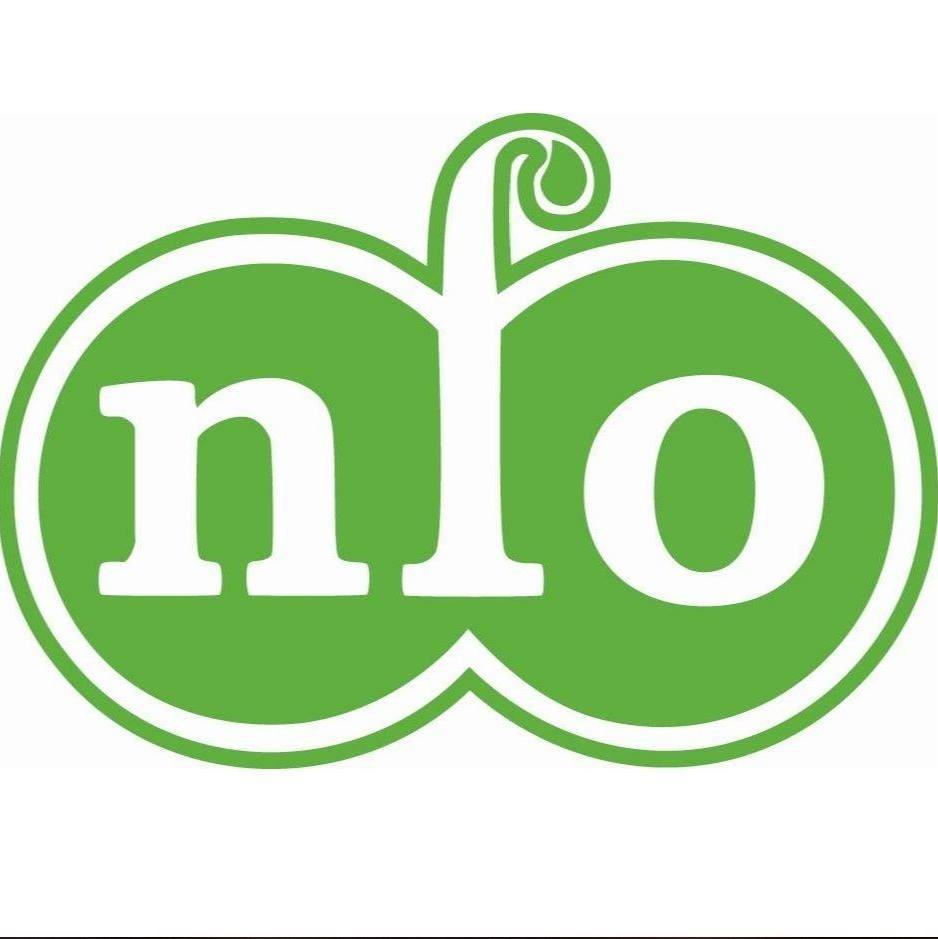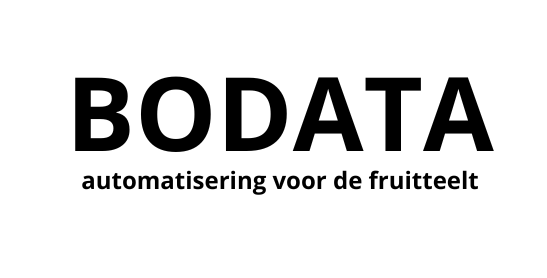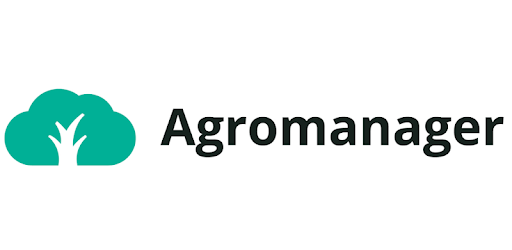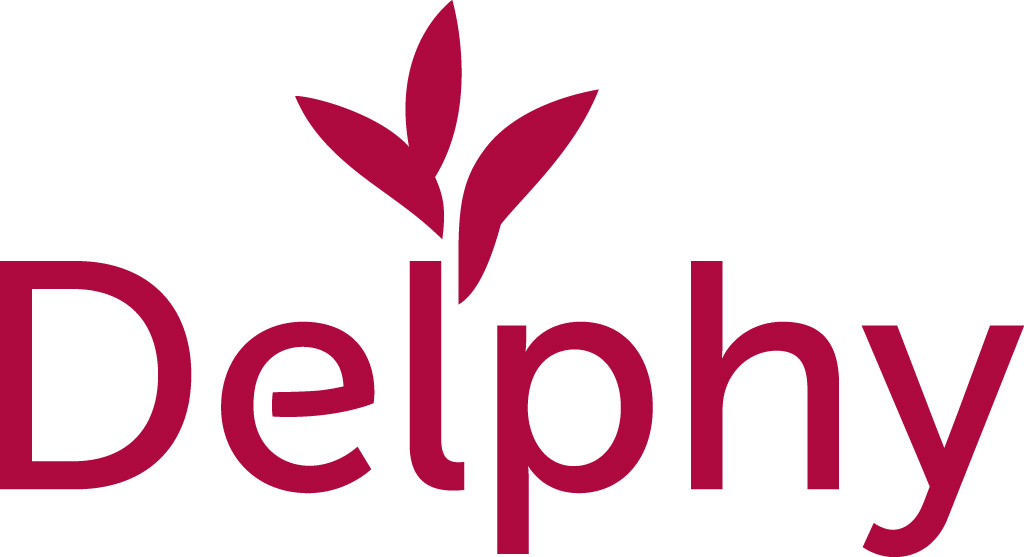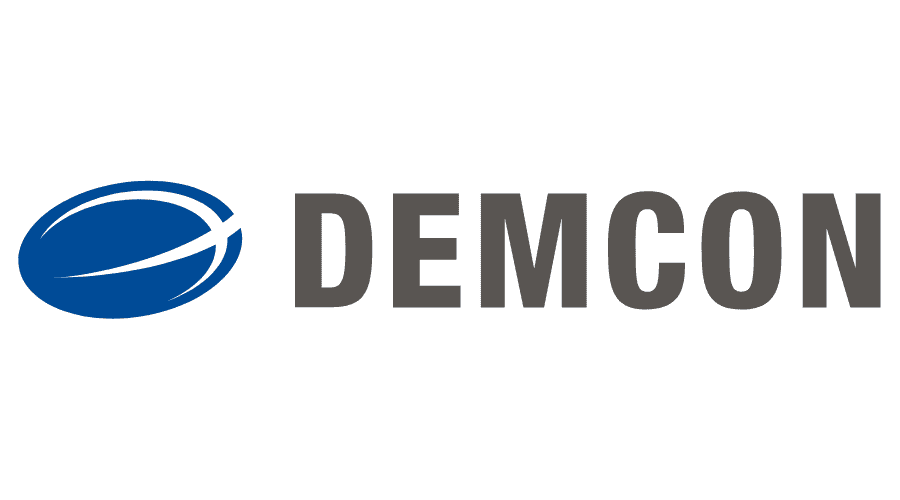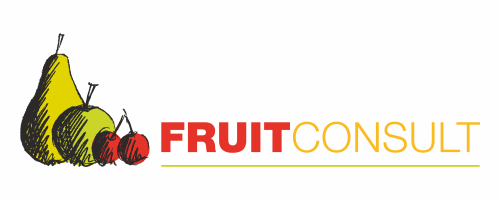International collaboration around orchard technology begins trials.
The “Orchard of the Future” collaboration brings together technology companies and research institutions from Washington, Oregon, California and the Netherlands to address growers’ needs for efficiencies and innovation.(Courtesy Ines Hanrahan/Washington Tree Fruit Research Commission)
The need for orchard technology research and development in favor of a future-proof food production industry connects growers across the globe.
In February 2021, we kicked off the “Orchard of the Future” collaboration between the Netherlands and Washington state to accelerate the adoption of innovative solutions for fruit orchards. The collaboration is led by a group of innovative growers, tech companies and research institutions from both regions.
Already, the effort has connected Dutch technology companies with Washington orchardists to conduct trials this year.
For example, orchard and vineyard equipment manufacturer Munckhof Fruit Tech Innovators and crop imaging company Aurea Imaging are partnering with Washington growers to work on precision crop load management. Aurea makes blossom and vigor maps that help to measure growth and blossoms on every individual tree.
After agronomic interpretation, prescription plans are created so that only the trees that require chemical thinning are sprayed, which reduces unnecessary thinning for trees with lower flower counts. The same mapping approach can also be used to tailor the application of a growth regulator such as Apogee (prohexadione calcium) on poorly flowering trees.
These tree-level prescription maps are then executed by Munckhof’s latest three-row sprayer with precision GPS technology. The goal of the project is to showcase the benefits in higher yield, better quality and input reduction. This helps to improve both profitability and environmental sustainability for fruit growers.
Precision farming is also the goal of another Dutch company looking to start trials in Washington. Delphy, a global agricultural consulting company, is developing a new tool to use tree-level production data to create task maps for activities such as variable-rate fertilizer application or root pruning to control vigor.
These new technologies are part of a larger Orchard of the Future collaboration around agricultural technology. The initiative is supported and enabled by the Washington Tree Fruit Research Commission; FME, an industry organization of Dutch technology companies; NLWorks, a Dutch organization that works to build partnerships between governments and businesses; Oregon State University; University of California Agriculture and Natural Resources; Washington State Department of Agriculture; and the Dutch Ministry of Agriculture, Nature and Food Quality.
Partnership activities include: innovation and technology adoption to overcome common challenges, building a strong connected business network, connecting field labs and research, creating access to support and funding and crafting government policies.
Within this Orchard of the Future collaboration is one research project known as Next Fruit 4.0, which started in 2021 with financial support from the Netherlands. Within this project, research institutes and tech companies are working together on topics including advanced crop management and yield registration; precision spraying at the nozzle level, based on sensor input; and a multifunctional robot.
The main objectives of the Orchard of the Future collaboration are:
- Sustainability of production by development of smart machinery to manage fruit trees on a single-plant level (or lower) to optimize crop protection, leaf fertilization and use of plant hormones.
- Maximizing yields and reducing food losses by optimizing production and storage through growth optimization, at the level of individual trees, with the help of artificial intelligence decision models.
- Minimizing costs and consolidating profitability through the development of resource-efficient multifunctional robots, solving the current problem of labor availability for the less attractive tasks and improving working conditions leading to new attractive jobs.
With the help of new technologies, fruit growers can work more efficiently, producing better quality with lower costs and increased capacity. These shifts will ensure an increase in exports, employment, sustainability and earning capacity — now and in the future.
Now that trials are underway to validate some of these new technologies in Washington fields, the next steps are to increase awareness of the benefits of precision technology while adding more applications such as fertilizer application, harvest planning and pest and disease management. The technology is already commercially available to growers in the U.S.
Communication is a critical part of this collaboration as well. The program leadership team has been working to connect the community by organizing webinars and visits. We are also working on a website to showcase projects and share relevant information as the project continues. Student exchanges and internships are in the planning stages as well.
Interested in learning more about the collaboration or getting involved? Contact Ines Hanrahan, executive director of the Washington Tree Fruit Research Commission, at: [email protected] or Maureen de Haan, international business development manager for FME, at: [email protected].
—by Maureen de Haan
Source article: https://www.goodfruit.com/good-to-know-progress-for-the-orchard-of-the-future/






